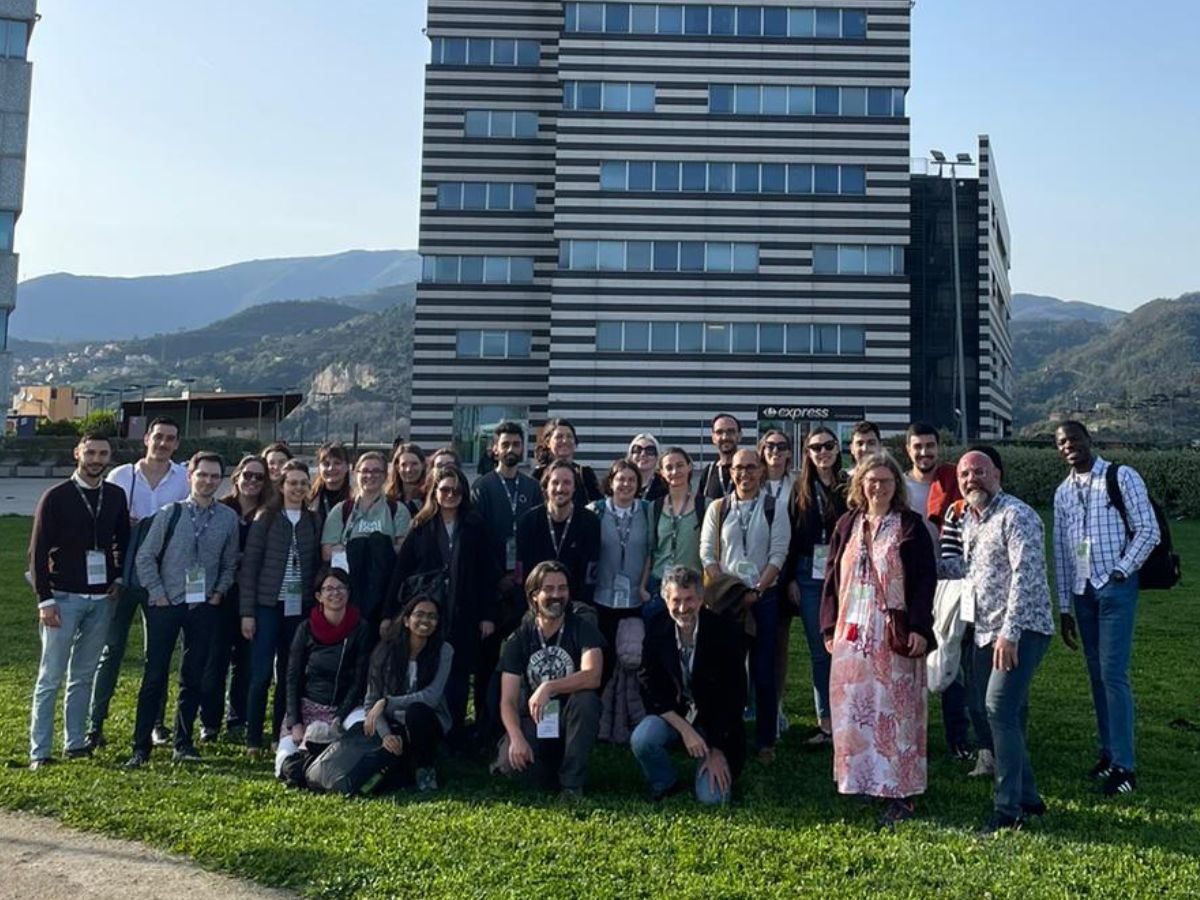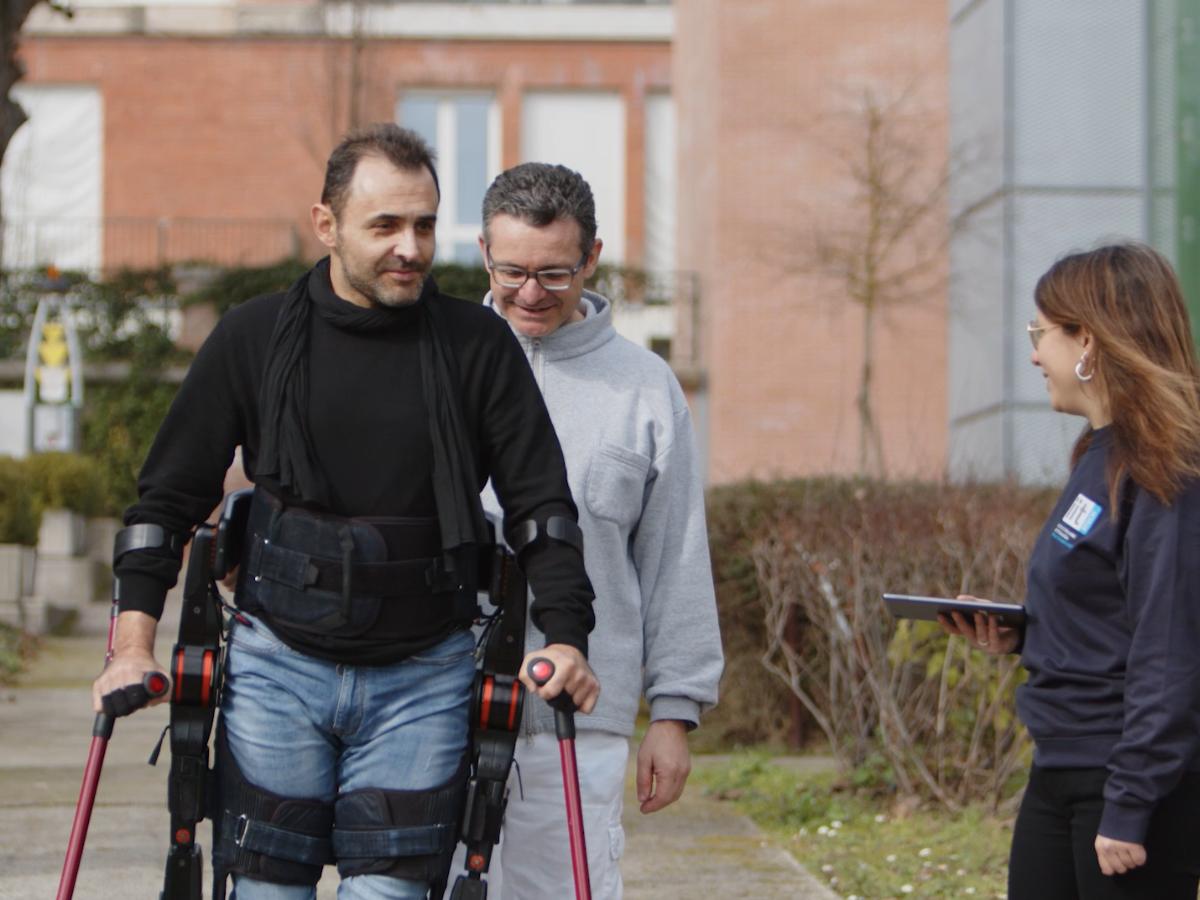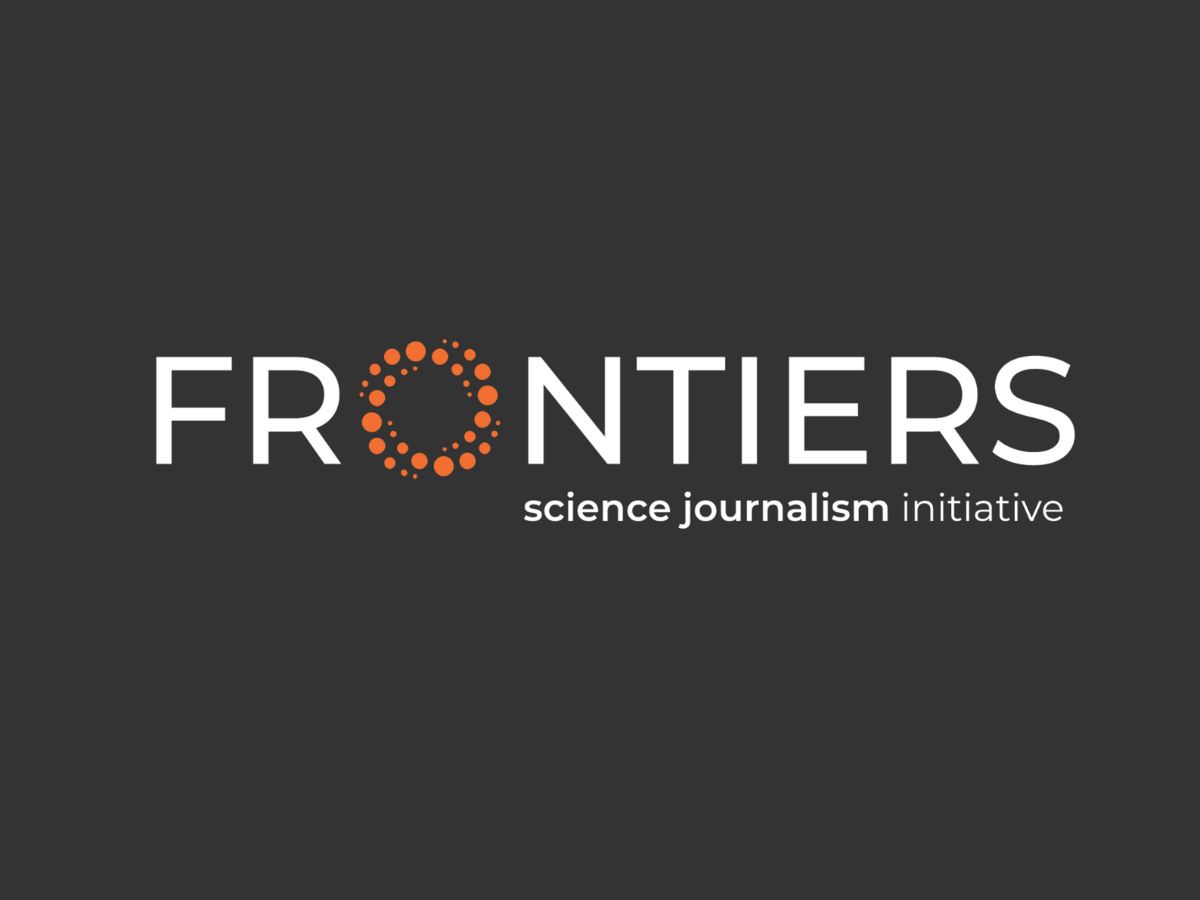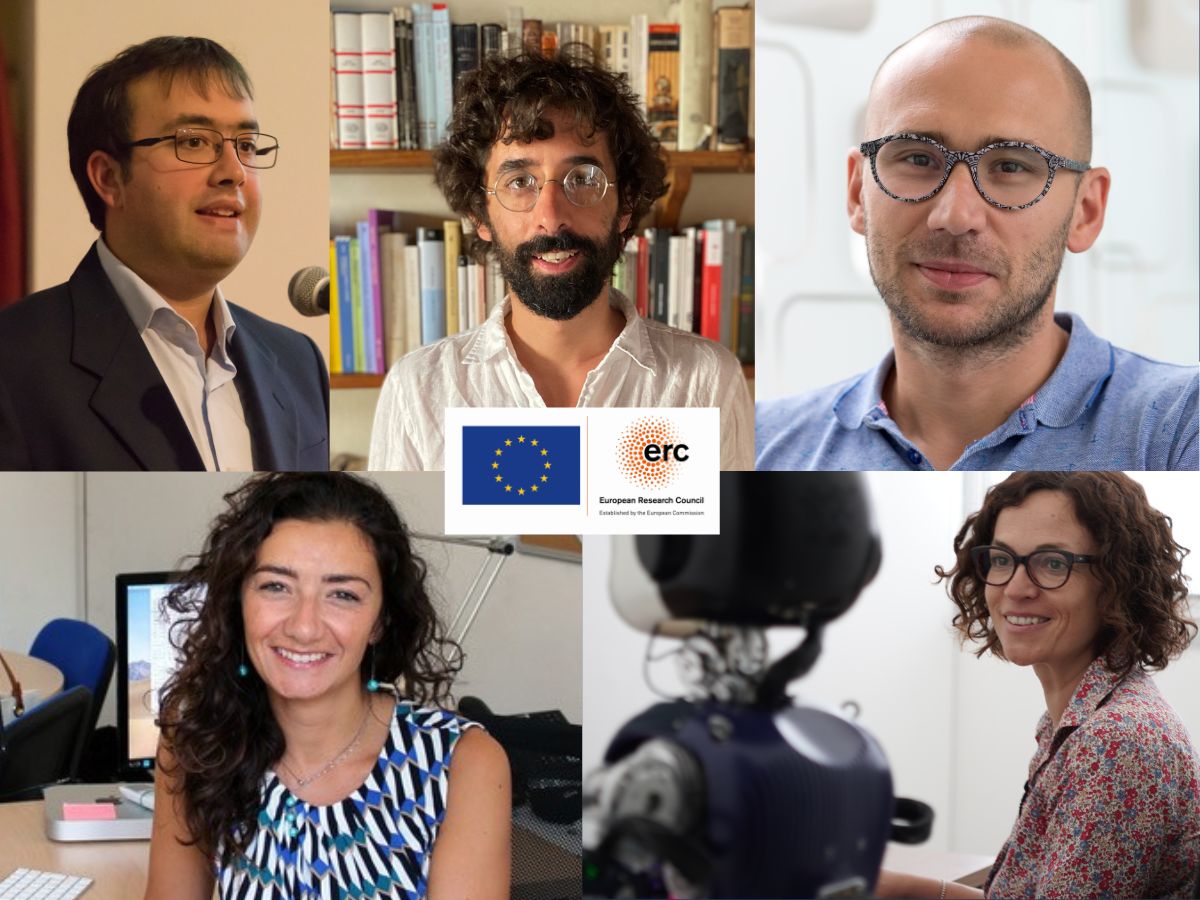Speech by Prof. Paola Girdinio, President of the Start 4.0 Skill Centre and full professor at UniGe.
The Covid-19 crisis has promoted the digitalisation of many aspects of our daily lives across Europe: from distance working to distance learning, and the use of digital platforms for food delivery. Digital tools and data are playing an important role in the health response to Covid-19, from tracking the virus with contact tracing apps to using data to identify epidemics and assess the impact on jobs and the environment. But Industry 4.0 technologies have proved decisive above all for companies. Only those who had invested in digital technology were able to carry on manufacturing in compliance with distancing rules.The dreadful year 2020 at least left us with a legacy of progress in the digital economy. A legacy that in 2021 should be exploited to the highest degree possible, by means of a cultural leap to embrace Open Innovation. It is now clear that Artificial Intelligence, High Performance Computing, IoT and the cloud are essential for businesses’ physical security, cybersecurity, monitoring and production. However, smaller companies often do not use these forms of technology due to the lack of in-house expertise. 2021 therefore must be a decisive year for creating these conditions, and in order to achieve this, three paths must be strongly pursued.First, investment. Even using the European resources allocated as part of the EU Next Generation plan, we have to continue investing into digital infrastructure. In this regard, I would like to stress the importance of 5G. Recently, the European Commission urged member countries to speed up implementation of the 5G network, with a shared policy that should be put in place by March 2021. This is an opportunity we cannot miss.Secondly, training human resources. Considering that Desi 2020 data shows that only 42% of people aged between 16 and 74 have basic digital skills (compared to an EU average of 58%) and only 22% have digital expertise beyond the basic level (33% in the EU), there is obviously a lot of work to be done, and this should be accelerated: this process starts at school, runs through society and has the objective of creating digital trades for employment, both today and for the future, according to real business and market needs.The third element, again from a European perspective and linked to the first two, concerns enhancement and support for the innovation networks that have already been created, the ecosystems in which research organisations, Skills Centres, Confindustria’s Digital Innovation Hubs, and companies, can interact and generate value. These are locations where research, technology, funding, organisation and training can be expressed. From this point of view, the network of eight Italian Skills Centres is by now a consolidated structure running through the country from north to south. It is a point of reference for Italian companies, and it is involved in training, technology transfer in the 4.0 sphere and the management of calls for tenders for innovation projects with a high degree of digital content.More specifically, the example represented by Liguria represents best practice at the national level, bringing together the finest expressions of local excellence in the field of innovation, and capable of proposing its identity as a European hub for innovation in the EDIH network envisaged by the European Commission as part of the Digital Europe Programme, a digitalisation project for which 7.5 billion euro was allocated in the 2021-2027 Multiannual Financial Framework. In Genoa, the foundations were laid for AMAVE, the name of this forthcoming ‘European Centre of Expertise’, in which IIT and the University of Genoa, together with Liguria Digitale, DIH Liguria, Compagnia delle Opere Liguria, EDI Confcommercio, Gruppo Istituto San Paolo (ISP), CINI, CNIT, Istituto Superiore di Sanità (ISS, Italian National Institute of Health), CNR (Italian National Research Council), and the BIO4DREAMS incubator, will all play a strategic role, coordinated by Start 4.0.Therefore, our territory and our country have all the conditions needed to ensure that digital technology will power the move towards renewal for the year that has just begun. However, it would be best not to be found wanting, so that we can begin from everything positive that has already been done, without losing sight of the course that we all want to follow.





